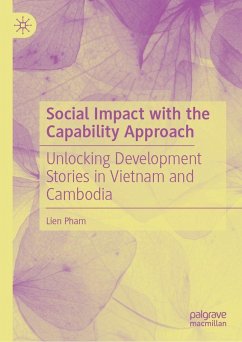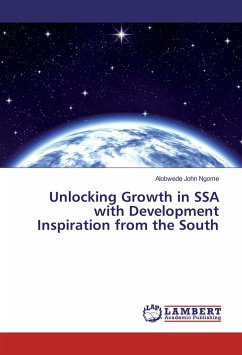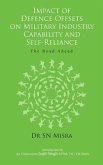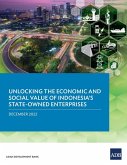This book advances the Capability Approach as an ethical, people-centred framework for social impact assessment in development practice. Focusing on two Australian Government funded WASH (Water, Sanitation and Hygiene) projects in rural Vietnam and Cambodia, it investigates how development interventions can expand or constrain people s capabilities to live the lives they value.
Although the projects share similar designs and implementation processes, a capability-informed analysis reveals distinct outcomes and subtle differences shaped by local contexts, social structures, and human agency. The book introduces an analytical framework grounded in three determinants of capability change access to resources, effective agency, and socio-structural context to explore how social inclusion and women s empowerment unfold within complex realities.
Moving beyond conventional performance reporting that counts inputs and outputs, the Capability lens brings people s experiences, voices, and reasoning to the forefront. It offers scholars, practitioners, and policymakers a grounded model for understanding ethical, inclusive, and sustainable development.
Although the projects share similar designs and implementation processes, a capability-informed analysis reveals distinct outcomes and subtle differences shaped by local contexts, social structures, and human agency. The book introduces an analytical framework grounded in three determinants of capability change access to resources, effective agency, and socio-structural context to explore how social inclusion and women s empowerment unfold within complex realities.
Moving beyond conventional performance reporting that counts inputs and outputs, the Capability lens brings people s experiences, voices, and reasoning to the forefront. It offers scholars, practitioners, and policymakers a grounded model for understanding ethical, inclusive, and sustainable development.








